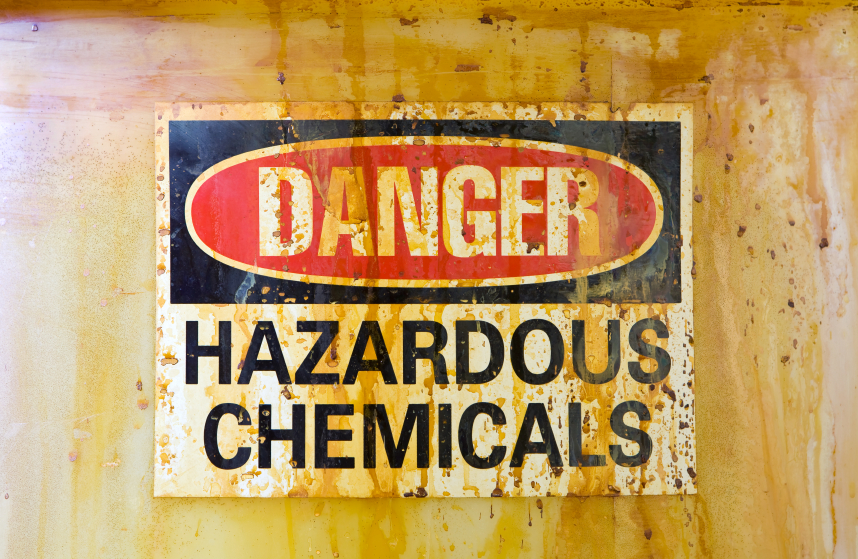
Advertisement
Warning: cash register receipts are toxic, according to one team of researchers. The 2014 study published in the journal, PLOS ONE, confirmed that cash register receipts contained high levels of bisphenol A. This synthetic toxic chemical has become known as a carcinogen and endocrine disruptor with a wide range of adverse health effects, including male and female infertility, as well as heart disease.
Researchers observed study participants in the food courts, shopping malls, and fast food restaurants of Columbia, Miss. There, they found common scenarios that would allow BPA several ways to come in contact with hands. These include: using the hand sanitizer dispenser on the counter before claiming the receipt and food, paying and receiving the receipt before taking food, and touching the receipt stapled on the top of take-out bags. The study found that people’s blood levels of BPA would grow exponentially after they came in contact with cash receipts. The effects would be even greater if the person had skin care product on their hands, and if they were eating greasy foods, reports TakePart.com.
Frederick vom Saal, study author and Professor of Biology at the University of Missouri, stated that, ”Our research found BPA levels from receipts much higher than exposures from food packaging or plastic. And BPA from thermal papers will be absorbed into your blood rapidly. At those levels, many diseases such as diabetes and disorders such as obesity increase as well.”
Primarily used in the production of epoxy resins and polycarbonate plastics, BPA is also used in the creation of thermal receipts as a heat-activated ink developer. These thermal receipts include those given out by ATMs and cash registers. BPA has also been found in airline tickets and paper currency, which absorbs the BPA found in receipts. The use of plastic-coated paper makes it easier for the the skin to absorb BPA with a touch. According to the United States Environmental Protection Agency (EPA), around 94 percent of receipts were found to contain traces of BPA.

“BPA has been proven to cause reproductive defects in fetuses, infants, children, and adults as well as cancer, metabolic, and immune problems in rodents,” noted vom Saal.
How can we avoid BPA-laced receipts?
The fact that nearly all businesses utilize receipts makes it difficult to avoid touching them. “Virtually all store receipts, ATM receipts, etc., are thermal paper, and no safe chemical-free alternative exists, making it difficult for manufacturers to reformulate the ink used in receipts,” said vom Saal. Currently there is no safer alternative to the BPA found in receipts, so until one can be found, receipts are going to be carrying this deadly chemical.
Though it’s nearly impossible to completely avoid receipts, minimizing direct contact with them is simple. Sayer Ji of GreenMedInfo.com recommends taking a photo of the receipt and then sending it to yourself through email, or you can request them to email the receipt to you instead. This way, you can still keep track of receipts and your expenses without needlessly exposing yourself to BPA. You can also decline receipts if you don’t need them. (Related: The Danger of BPA: How To Avoid It & Detoxify It From Your Body)
Before purchasing food, avoid using lotions or hand sanitizer to make your skin less susceptible to chemicals. Wash your hands after touching receipts and before eating. As long as the sanitizer doesn’t touch receipts while on your hands, you’re in lesser danger of absorbing BPA into your body.
You can stay informed by reading more about toxic chemicals at Toxins.news.
Sources:
Journals.PLOS.org
NaturalSociety.com
TakeApart.com
GreenMedInfo.com
This article may contain statements that reflect the opinion of the author
Advertisement
Advertisements















